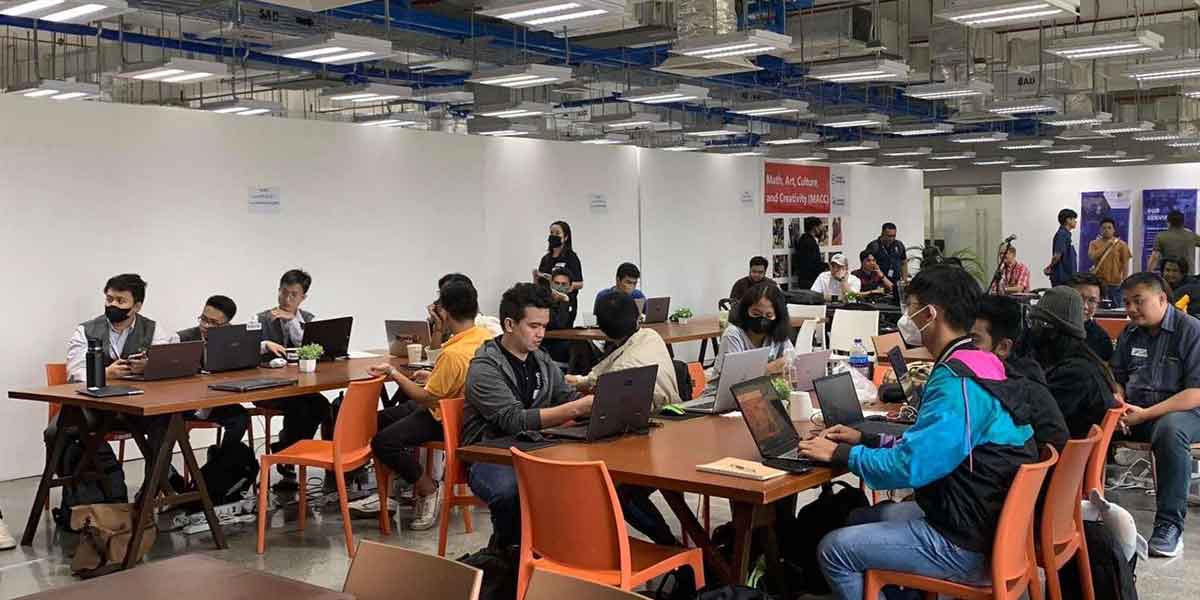Seventeen members of Congress want the Technical Education and Skills Development Authority (TESDA) investigated for its “defective and inadequate” training programs that have resulted in less than six of every 100 graduates getting real jobs.
The lawmakers have filed House Resolution 1394, calling for the probe into TESDA’s “failure to effectively and efficiently perform its mandate under the law” despite incremental funding every year.
Their resolution was in response to a Commission on Audit (COA) report reprimanding TESDA for the poor outcome of its Special Training for Employment Program (STEP), which is supposed to help underprivileged Filipinos secure jobs.
The authors of the resolution were Representatives Luis Campos Jr. (Makati City), Erico Aristotle Aumentado (Bohol), Julienne Baronda (Iloilo City), Greg Gasataya (Bacolod City), Weslie Gatchalian (Valenzuela City), Rico Geron (Agap), Jocelyn Sy Limkaichong (Negros Oriental), Rodante Marcoleta (Sagip), John Marvin Nieto (Manila), Joseph Stephen Paduano (Abang Lingkod), Wilter Palma II (Zamboanga Sibugay), Stella Luz Quimbo (Marikina City), Strike Revilla (Cavite), Xavier Jesus Romualdo (Camiguin), Ron Salo (Kabayan), Kristine Singson-Meehan (Ilocos Sur) and Carlos Isagani Zarate (Bayan Muna).
In its latest annual audit report on TESDA, the COA noted that of the 75,004 graduates of the STEP in 2019, only 5.64 percent or 2,451 landed jobs – way below the agency’s target of 65 percent employment rate.
“The employment rate achieved is substantially low compared with the agency’s target of 65 percent of total graduates. Hence, the program failed to attain its objective to promote employment through entrepreneurial, self-employment and service-oriented activities,” the report stated.
The unsatisfactory result was despite the STEP’s P2.1-billion budget in 2019, the COA said.
The COA’s rundown showed that of the 137,522 available slots for the STEP in 2019, only 81 percent was filled with 111,333 individuals enrolled.
Of the enrollees, only 75,004 were able to complete the program and graduate.
The figure further went down as only 45,123 of the graduates were subsequently assessed. Of the number, 96.4 percent or 43,469 passed the assessment and were issued certification as ready-to-work. However, only 2,451 ended up gainfully employed.
“Thus, the ultimate goal of the program, which is employment, showed an unfavorable rate of only 5.64 percent,” the COA said.
The COA stressed that the STEP is supposed to benefit disadvantaged scholars, including victims of calamities, underemployed workers in the informal economy, senior citizens, and members of indigenous and cultural communities.
A community-based specialty training program, the STEP seeks to provide skills training opportunities for beneficiaries in the barangays to improve their employability and productivity.
STEP scholars receive free training and competency assessment, starter toolkits and an allowance.



















